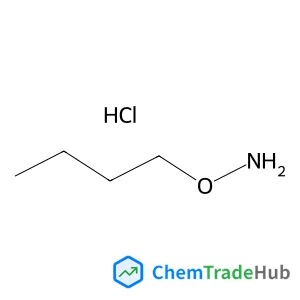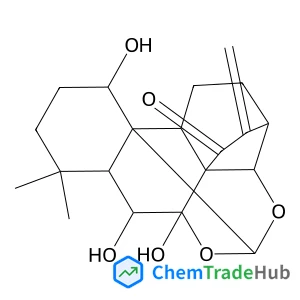Recent advances in catalytic and non-catalytic epoxidation of terpenes: a pathway to bio-based polymers from waste biomass
文献信息
Muhammd Usman, Ana María López Fernández, Valentine C. Eze, Adam P. Harvey
Epoxides derived from waste biomass are a promising avenue for the production of bio-based polymers, including polyamides, polyesters, polyurethanes, and polycarbonates. This review article explores recent efforts to develop both catalytic and non-catalytic processes for the epoxidation of terpene, employing a variety of oxidizing agents and techniques for process intensification. Experimental investigations into the epoxidation of limonene have shown that these methods can be extended to other terpenes. To optimize the epoxidation of bio-based terpene, there is a need to develop continuous processes that address limitations in mass and heat transfer. This review discusses flow chemistry and innovative reactor designs as part of a multi-scale approach aimed at industrial transformation. These methods facilitate continuous processing, improve mixing, and either eliminate or reduce the need for solvents by enhancing heat transfer capabilities. Overall, the objective of this review is to contribute to the development of commercially viable processes for producing bio-based epoxides from waste biomass.
相关文献
IF 6.367
MnO/C cubo-polyhedrons derived from α-MnO2@ZIF-8 as anode materials for high-performance lithium-ion batteriesIF 6.367
Biomimetic hydrogels designed for cartilage tissue engineeringIF 6.843
The limits to biocatalysis: pushing the envelopeIF 6.222
Chemoproteomics-based target profiling of sinomenine reveals multiple protein regulators of inflammationIF 6.222
Life cycle assessment of power-to-gas with biogas as the carbon sourceIF 6.367
Engineering of electrodeposited binder-free organic-nickel hydroxide based nanohybrids for energy storage and electrocatalytic alkaline water splittingIF 6.367
Catalogue of self-targeting nano-medical inventions to accelerate clinical trialsIF 6.843
Photoactivatable fluorophores for durable labelling of individual cellsIF 6.222
Carbon and carbon composites obtained using deep eutectic solvents and aqueous dilutions thereofIF 6.222
来源期刊
RSC Advances
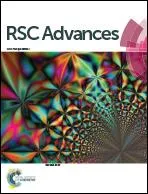
Chemistry fascinates us. This discipline is integral to life and impacts so many aspects of our world. The scope for RSC Advances is wide-ranging because we want to capture any research that can offer crucial insights and advance chemistry. RSC Advances papers should provide an insight that advances the chemistry field. Papers that contain little or no chemistry and are not considered to be of interest or relevance to the chemistry community are not within the scope of the journal. The criteria for publication are that the work must be high quality, well conducted and advance the development of the field. Articles submitted to the journal are evaluated by our international team of associate editors and reviewers for the overall quality and accuracy of the science presented. Download our full list of subject categories to see the range of topics we publish in RSC Advances. Please ensure you have considered the following points before submitting your manuscript. Does the work present an advance over the existing literature? Please supply a covering letter with your submission to demonstrate how the work is advancing the field over the existing literature Have you provided sufficient evidence/data to support your conclusions? Have you provided adequate characterisation data for your materials/compounds? (Please check the supporting information section to ensure that the necessary requirements have been met and copies of relevant spectra have been provided where necessary) Are the results discussed in the context of the literature? Are the references relevant and do they appropriately reflect the existing literature?
推荐供应商
 AAT Bioquest,股份有限公司
AAT Bioquest,股份有限公司 上海太氟医药科技有限公司
上海太氟医药科技有限公司 Werksitz有限公司
Werksitz有限公司 安徽鑫龙化工有限公司
安徽鑫龙化工有限公司 北京天誉创新科技有限公司
北京天誉创新科技有限公司 偃师市东园化工有限公司
偃师市东园化工有限公司 湖南省岳阳市云溪区道仁矶溶剂化
湖南省岳阳市云溪区道仁矶溶剂化 石家庄祥盛建材有限公司
石家庄祥盛建材有限公司 XENOPS化学品有限公司
XENOPS化学品有限公司 纳诺洛普
纳诺洛普










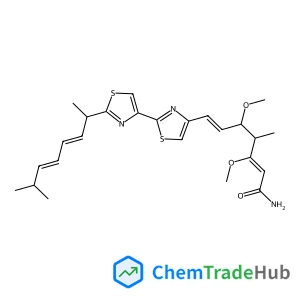
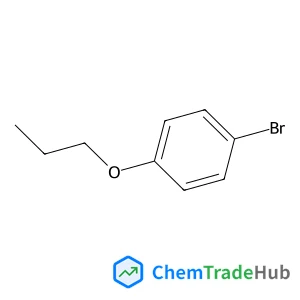
![500789-05-9 - (Betar)-2-氯-Beta-[[(1,1-二甲基乙氧基)羰基]氨基]-苯丙酸 500789-05-9 - (Betar)-2-氯-Beta-[[(1,1-二甲基乙氧基)羰基]氨基]-苯丙酸](/structs/500/500789-05-9-80b4.webp)
